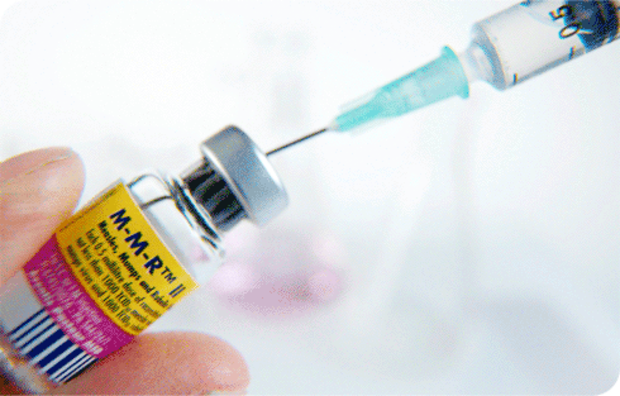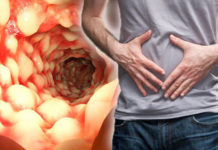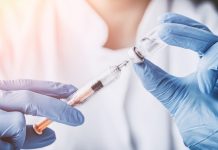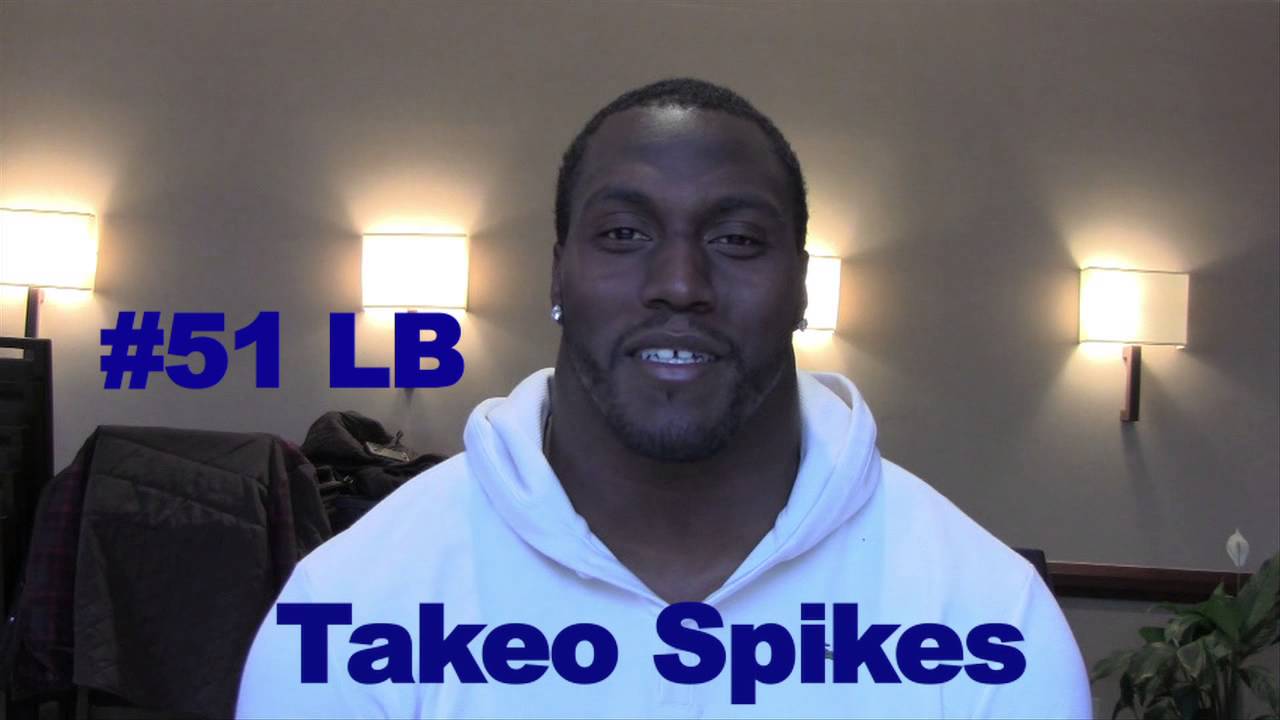
- 1Division of Viral Diseases, National Center for Immunization and Respiratory Diseases, Centers for Disease Control and Prevention, Atlanta, Georgia 30333, USA. clebaron@cdc.gov
Abstract
BACKGROUND/OBJECTIVES:
In 1989, the American Academy of Pediatrics and the Advisory Committee on Immunization Practices recommended that school children receive 2 doses of measles-mumps-rubella vaccine. With measles and rubella eliminated from the United States, measles-mumps-rubella vaccine adverse events have come under scrutiny, but no study has compared the reactogenicity of the first (measles-mumps-rubella vaccine dose 1) and second (measles-mumps-rubella vaccine dose 2) doses at the most common ages of administration in the United States.
METHODS:
From a health maintenance organization, 3 groups of children were recruited: (1) toddlers aged 12 to 24 months receiving measles-mumps-rubella vaccine dose 1; (2) kindergartners aged 4 to 6 years receiving measles-mumps-rubella vaccine dose 2; and (3) middle schoolers aged 10 to 12 years receiving measles-mumps-rubella vaccine dose 2. From 2 weeks before measles-mumps-rubella vaccine administration until 4 weeks afterward, families recorded in diaries the occurrence of potentially common symptoms. Postvaccination symptom rates were compared with the prevaccination baseline, with significance assessed by testing incidence rate ratios estimated by Poisson regression.
RESULTS:
Of 2173 children enrolled, 373 (17%) were lost to attrition, producing a study population of 1800. Compared with the prevaccination baseline, rates of fever, diarrhea, and rash were significantly elevated postvaccination among 535 toddlers receiving measles-mumps-rubella vaccine dose 1. An estimated net 95 (18%) experienced measles-mumps-rubella vaccine-associated events (median onset 5-10 days postvaccination, duration 2-5 days), with high fever (temperature > or = 39.5 degrees C) occurring in 33 (6%). None required medical attention. For 633 kindergartners and 632 middle schoolers, symptom rates were not significantly elevated after measles-mumps-rubella vaccine dose 2 compared with baseline.
CONCLUSIONS:
Vaccination-associated adverse events occur in approximately 1 of every 6 toddlers receiving measles-mumps-rubella vaccine dose 1, with high fever occurring in 1 of 20. Adverse events are infrequent for measles-mumps-rubella vaccine dose 2 administered to school-aged children.
Source:






